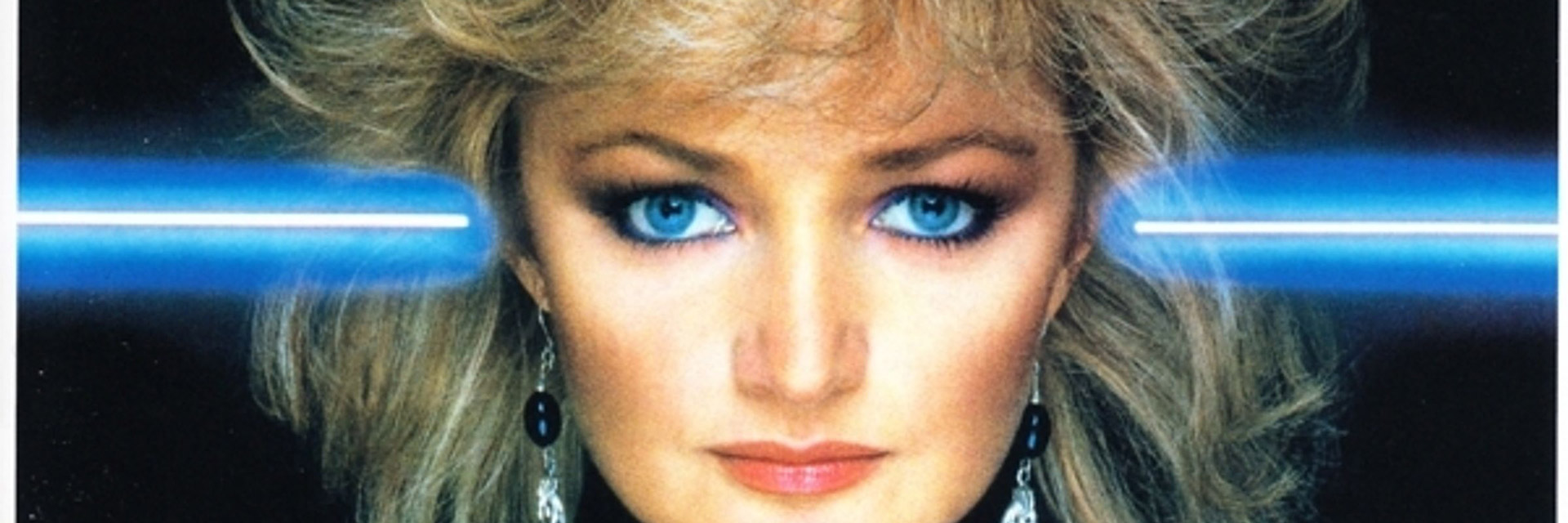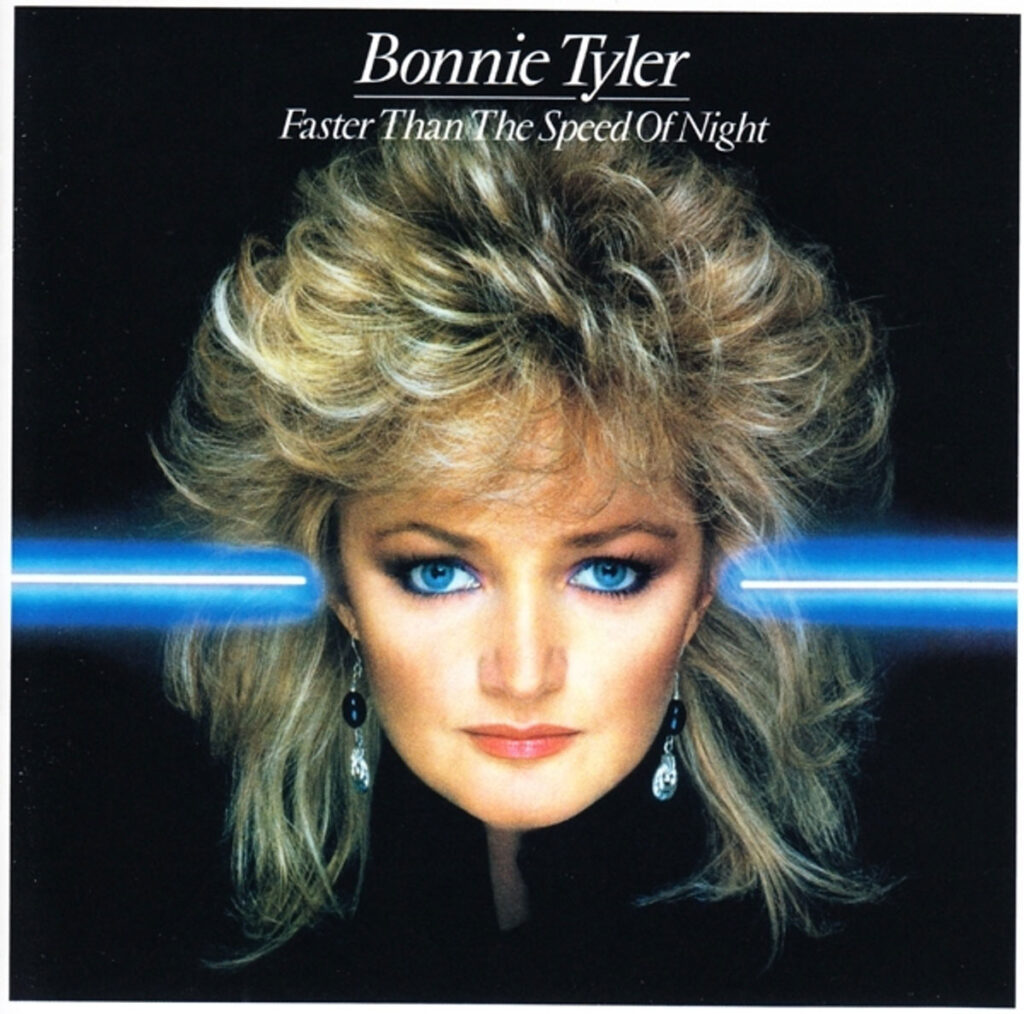Progressive rock entails tempo changes, classical and jazz reminiscences, extensive instrumental parts and surprising instruments. Because all of this is hard to fit into a three-minute song, there is the long track.
Songwriter Jim Steinman (1947–2021) came from the world of New York theater musicals. During rehearsals for one of his stage productions in 1973, he met a singer from Texas named Michael Aday, better known as Meat Loaf (1947–2022). While working together on a show called Neverland, the two agreed that some of Steinman’s songs deserved a bigger stage than a small off-Broadway production. Out of that partnership came Bat Out of Hell (1977) – Meat Loaf’s debut album and one of the best-selling records in history.
Surprisingly, no record label wanted to sign them at first. Clive Davis, head of Columbia Records, even claimed that Steinman, with his musical-theater background, didn’t know how to write pop songs. To Davis, a proper pop song had three parts – A, B, and C. “I don’t know what you’re doing,” he told Steinman. “You’re writing A, D, F, G, D, C. Have you ever even listened to pop music?”
But producer Todd Rundgren, a prog rocker himself, found Steinman’s complexity fascinating. Three of the tracks on Bat Out of Hell ran close to nine minutes long – almost prog-rock length. Still, Meat Loaf’s debut sounded more like a mix of arena rock and musical theater – or, as Rundgren put it, like “a parody of Bruce Springsteen.”
About five years later, British singer Bonnie Tyler happened to see one of Meat Loaf’s TV performances and was impressed. Her own career had stalled – she hadn’t had a hit since “It’s a Heartache” (1977). She decided to contact Steinman and ask him to produce her next album. “My record label at the time thought I was crazy,” Tyler later said. But Steinman loved the rasp and raw power in her voice. He agreed – and brought along two songs of his own, each about seven minutes long. One of them was “Total Eclipse of the Heart.” Steinman had written it specifically as a “showpiece” for Tyler’s voice. “I got goosebumps,” she recalled. “I love songs that take everything out of you.”
This complex pop song about dark, obsessive love became a worldwide megahit. Critics called it epic, melodramatic, emotionally exhausting – “one of the greatest radio ballads ever” (AllMusic). Steinman himself described it as a “vampire love song,” a “fever song,” and a “danceable exorcism.” It’s often called the first true power ballad, but “Total Eclipse” is much more than a simple crescendo. The song meanders – it constantly shifts direction, phrasing, harmony, and dynamics. Structurally, it’s complex (roughly: AABCDEAABCDA), with multiple hooks and a massive instrumental break (from 3:07 to 3:37). Its sprawling lyrics form a 100-line poem.
Musicologist Freya Jarman hears traces of prog rock in “Total Eclipse” and sees Steinman as a forerunner of later metal ballads like the Scorpions’ “Wind of Change” and Metallica’s “Nothing Else Matters.” Rory Dodd, who sang the male part in the song’s “A” section, said: “It was a totally different kind of song concept. It’s a story – it’s theater.” Journalists have compared it to Queen’s “Bohemian Rhapsody.” In a 2013 poll of favorite songs Britons like to sing in the shower, “Total Eclipse of the Heart” still came in at number one.


